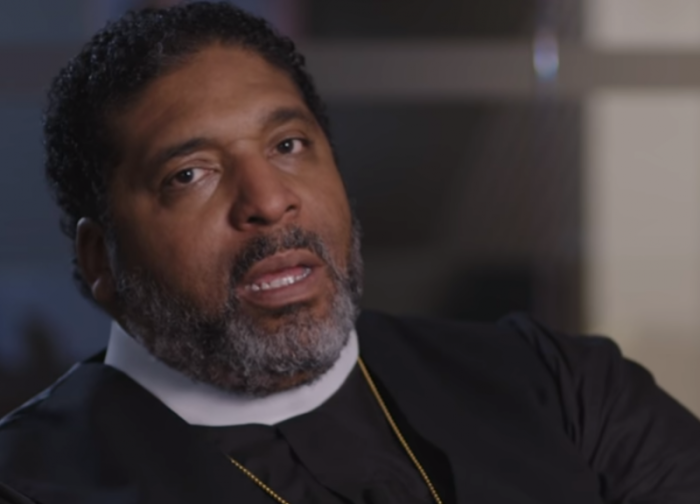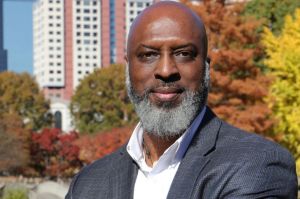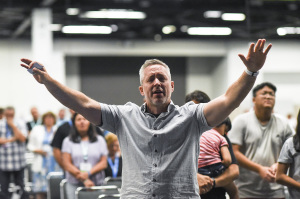Pastor William Barber II Wins $625K MacArthur 'Genius' Grant

Well-known social justice advocate and pastor of Greenleaf Christian Church in Goldsboro, North Carolina, William J. Barber II, has been announced as one of 25 people to receive a MacArthur "genius" fellowship that comes with an unrestricted $625,000 grant.
The prestigious fellowship, according to the MacArthur Foundation, is reserved only for "talented individuals who have shown extraordinary originality and dedication in their creative pursuits and a marked capacity for self-direction."
Barber is being recognized for "building broad-based fusion coalitions as part of a moral movement to confront racial and economic inequality."
The moral movement is the Poor People's Campaign which makes a national call for moral revival.
"We believe that the issue of systemic racism and poverty, and ecological devastation, the war economy and the false moral narrative of so-called Christian nationalism are interlocking injustices that have to be addressed by poor people, poor impacted people, coming together and organizing with religious leaders, their advocates and even people who may not be of religious faith but they believe in things like establishment of justice," Barber explains in a video published by the foundation.
As part of his work, Barber says he is also involved with a body called Repairers of the Breach which organizes and trains both clergy and individuals in "moral fusion." This work targets organizing particularly in the South but nationally as well.
"Every morning, it's not an alarm clock that wakes me up. It's purpose," Barber says. "I work growing out of a deep religious and spiritual foundation to help people look at public policy through the lens of our deepest moral values both constitutionally and religiously.
"How do we talk about public policy without just getting into the normal left-right discussions? And then moral activism. What does it look like in the 21st century to be engaged in addressing the immoral economic, racial and other policies in our culture at this time," he notes.
Barber, who is 55, was born in Indianapolis two days after the 1963 March on Washington, his church says. His father, who was one of the first black teachers of physics, moved him from Indiana's integrated kindergarten to the segregated kindergarten in his black belt home in Washington County in a push to desegregate North Carolina's dual school systems.
He explained in the foundation's video that he draws a lot of inspiration from his father for the work that he does.
"My father early on, taught me that the only purpose of life is to make a difference in the lives of others and to stand up for what is right and just, and full of love and full of compassion," he said.
He repeated that statement in acknowledging the MacArthur announcement in a media report Thursday.
The News & Observer reported that when the award was announced, Barber was in Chicago at a protest for raising the minimum wage.
"I've just been arrested in Chicago, and I'm waiting on their process," he told the publication. "For minimum wage, in front of McDonald's headquarters."
Barber, who is also head of North Carolina's NAACP, said the news was encouragement to keep doing more of what he's already doing.
"It's a gesture of support, to do more of what you're trying to do," Barber said. "It doesn't say rest on your laurels, but to keep on pushing. In this work, sometimes you get heavy criticism. People do say ugly things, 'You just want money.' I just want other people to have health care. You know, Jesus healed everybody and never charged a copay."
He added in the foundation's video that the award is "a re-engagement acknowledgement. People will even more believe you have something to say and more importantly, a vision."
While journalists since 1981 have used the term "genius" to describe MacArthur fellows, the foundation avoids it because "it connotes a singular characteristic of intellectual prowess."
"The people we seek to support express many other important qualities: ability to transcend traditional boundaries, willingness to take risks, persistence in the face of personal and conceptual obstacles, capacity to synthesize disparate ideas and approaches," their website says.





























